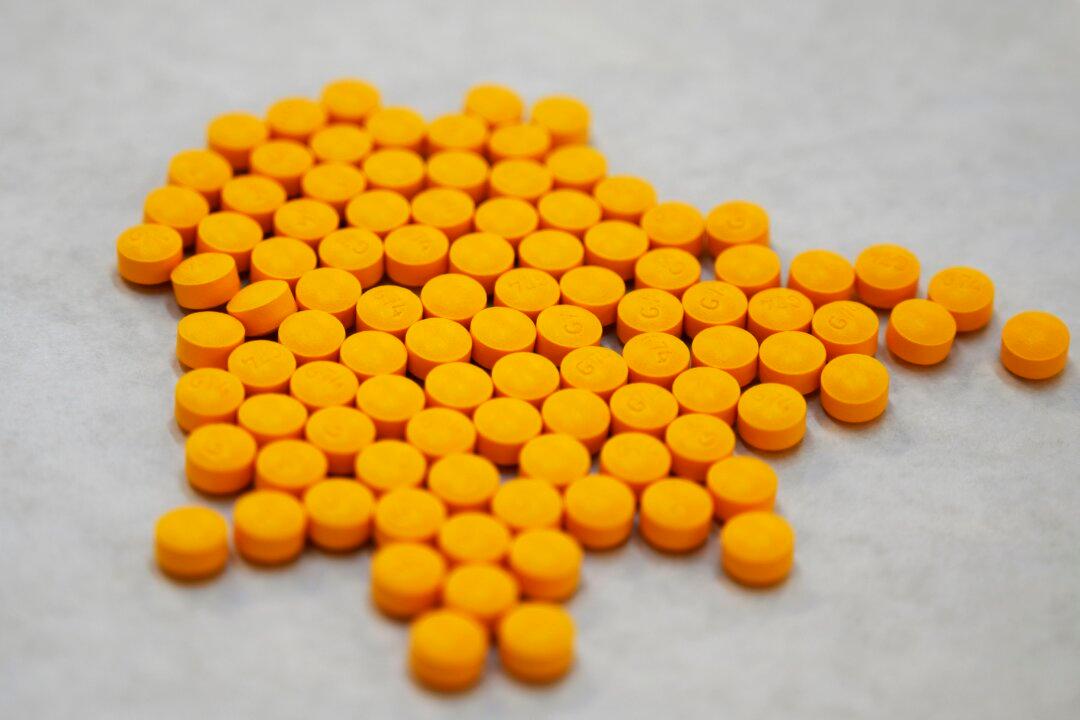NEW YORK—At least six pharmaceutical companies in the United States that are involved in distributing or producing opioid painkillers are facing a federal criminal investigation over their alleged roles in contributing to the national overdose crisis.
The existence of the probe, first reported by The Wall Street Journal on Nov. 26, is in the early stages, and prosecutors are expected to subpoena more companies in the coming months, the newspaper said, citing unidentified people familiar with the investigation.





